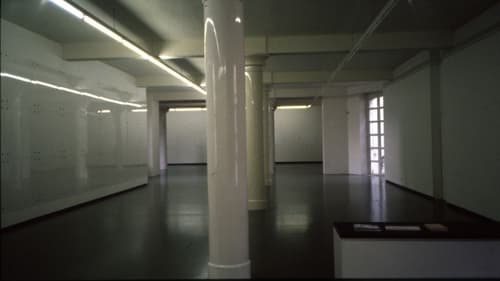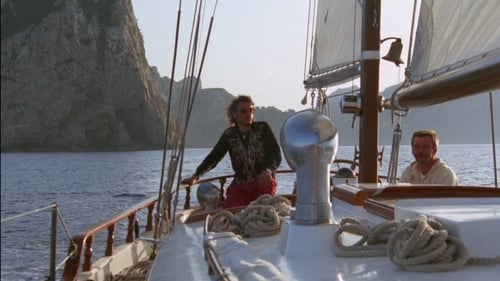
Executive Producer
At the beginning of the twenty-first century, abstraction - that most quintessentially modernist innovation - maintains a peculiarly contradictory position. Used, on one hand, by post-modernist artists as just one more quotable style amongst many, it is on the other hand still considered an elitist or hermetic language by audiences intimidated by its lack of recognizable subject matter. Yet ultimately, abstraction continues to be a viable creative path for contemporary artists of all generations, many of whom embrace it as the most inclusive and fundamentally resonant of artistic languages. Filmed at the artists' studios, the Dia Center for the Arts, and the Guggenheim Museum during their exhibition, "Abstraction in the Twentieth Century."

Producer
Helma Sanders-Brahms directs this inventive film that uses the verse of Jewish poet Else Lasker-Schüler and Nazi poet Gottfried Benn to dramatize the passionate, real-life affair between the two unlikely lovers. Forced out of Germany, Lasker-Schüler makes her way to Jerusalem even as Benn discovers the true nature of the Nazi ideology he had once championed. Lena Stolze and Cornelius Obonya star.

Producer
Three actors portray scenes from the life of Sterling Hayden, with a particular focus on his appearance before the House Un-American Activities Committee. Inspired by Hayden’s memoir “Wanderer.”

Producer
Wuppertal is a drizzly, industrial city on the Rhine and one immediately wonders why Pina Bausch and her avant-garde dance troupe have settled there. A socially engaged documentarian, Wildenhahn is also perplexed by this issue and spends considerable time trying to place Bausch in a context outside of the aesthetic. Still, the dance company's daily life and the excruciating rehearsal and performance schedule is solidly captured. The film begins cleverly: a dance critic offers sagacious comments on ballet dancers finishing their careers at mid-thirty just when, according to Bausch, the "aspects of misery, suffering and fear of death should become an integral part of a dancer's spiritual and psychological make-up." Wildenhahn's camera glides over the dancers' bodies as Bausch leads them through their paces, a consummate teacher. Leaving behind rehearsals of "Bandoneón" and "Walzer," Wildenhahn then ventures out into the streets of Wuppertal searching for the dance of the common people.

Producer



